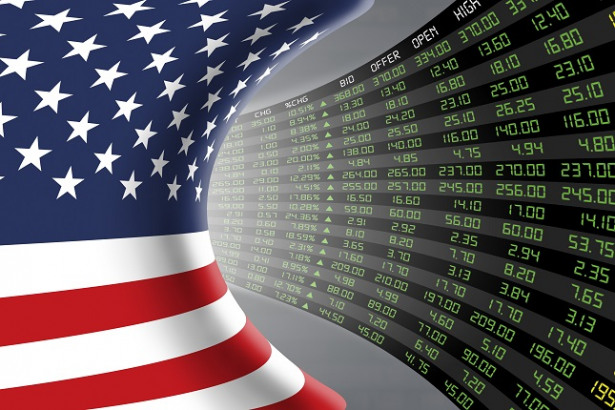US stocks have had an incredible decade of outperformance. Since the Credit Crisis, U.S. stocks have outperformed international stocks by a wide margin. Regional outperformance has generally moved in cycles. No region reigns supreme forever. The tide may be ready to turn in favor of international stocks in the years ahead.

Investors tend to have a “home bias” within their portfolios. U.S. investors tend to have a preference for U.S. stocks just as Canadian investors tend to have a preference for Canadian stocks. Such home bias can narrow the field of opportunity, introduce undue risk and discount international investing benefits.
Admittedly, the U.S. holds a unique position among the worlds’ economies. The U.S. leads in research and development (R&D) that ultimately improves the human condition. For example, the internet was conceived, designed and developed in the U.S. however, 93% of the internet usage is outside the U.S.. Similar statistics can be refenced for electric vehicles, pharmaceuticals, medical devices, or technological advancement. The U.S. is also the model many countries aspire to for business, accounting and investor transparency. However, the U.S. is a part of a global economy.
As mentioned above, the U.S. has experienced stellar performance for the past decade. Much of this performance is attributable to development of the smart phone, eCommerce, and the rise of Social Media to name a few areas. The U.S., being the primary R&D center, has always had “first mover” advantage. As these technologies and methodologies are embraced around the world, first mover advantage gives way to efficiency improvements and improved consumer experience.
What’s to come for the following 10 years? As important as the U.S. is to the global economy, there are many more countries with multiples of companies that are developing new ideas, solutions and/or improving efficiencies that are not located in the U.S.. As an example, TikTok is a Chinese social media platform, Check Point is an Israeli cyber security company, and Volkswagen (owner of VW, Audi, Porsche and Ducati to name a few brands) is Germany’s largest company and a leader of traditional car manufacturers converting to electric vehicles.
As with all investing, international investing has its own risks, such as currency, sovereign debt or added volatility risks. Yet, when implementing international investing within a portfolio context, these risks can be mitigated or even used to improve the overall portfolio volatility profile. Due to lower correlations, the total portfolio volatility can actually be reduced by introducing investments with higher volatility.
We make international investing a part of your portfolio, not simply to gain exposure to opportunity, but to also mitigate overall portfolio volatility. We should all be conscience of a portfolio home bias and look for opportunity on a global basis.
CRN-3718362-081621


Recent Comments